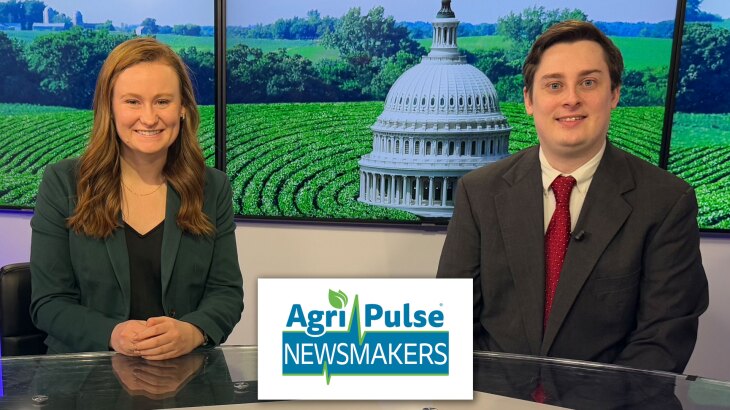USDA has made big moves over the last several weeks to combat high egg prices and High-Path Avian Flu.
Egg prices have fallen in recent weeks, and in a call with reporters, Ag Secretary Brooke Rollins acknowledged it is just in time for Easter.
“I know that for some of us our shopping, we’ve seen the prices immediately, but then we’ll hear from other people in other parts of the country where they have yet to see that reduction on their grocery store shelves. But as we know, it always takes some time, and depending on what part of the country and other factors as to why some of that retail hasn’t caught up yet, but will very soon.”
Lawmakers over the last week have introduced the Lowering Egg Prices Act, which would allow broiler eggs to be sold to egg processors for pasteurization. The bill sponsor, Dusty Johnson, joined us recently on Market Day Report, where he acknowledged that talks of deregulation can sometimes sound alarms, but he says a lot of thought went into this legislation.
“Clearly, food safety needs to be our top priority. So when you have these raw table eggs, you need to have them refrigerated. But when you’ve got an egg product that you’re going to pasteurize, it is not as important to have those eggs refrigerated right away right after they’re laid. And so all our bill would do is go back to the way things were for decades prior to the Obama-era regulation requiring immediate refrigeration, even for breaker eggs.”
Prior to 2009, surplus broiler eggs could be sold to processors. A rule later that year forced refrigeration of all eggs, leading broilers to stop selling their surplus supply, and that led to nearly half a billion eggs being tossed every year. The Lowering Egg Prices Act has bipartisan support, and Johnson calls it common sense legislation.












